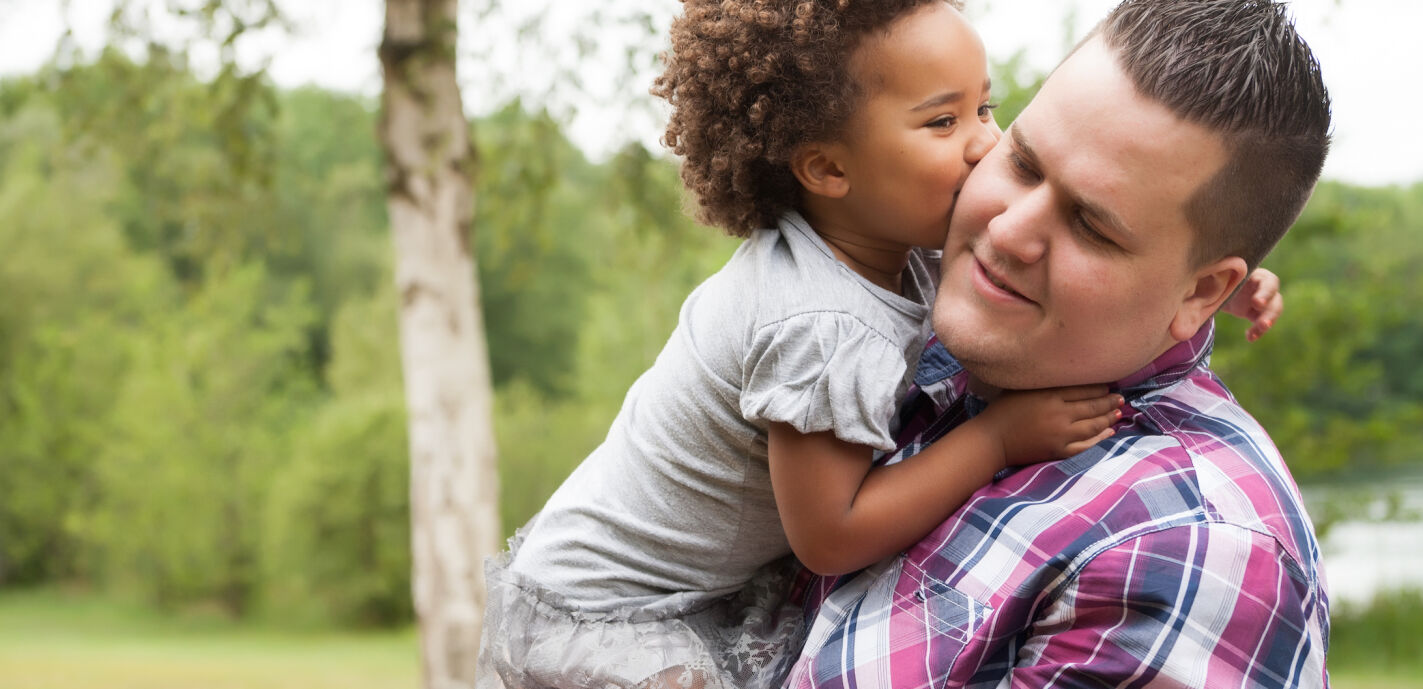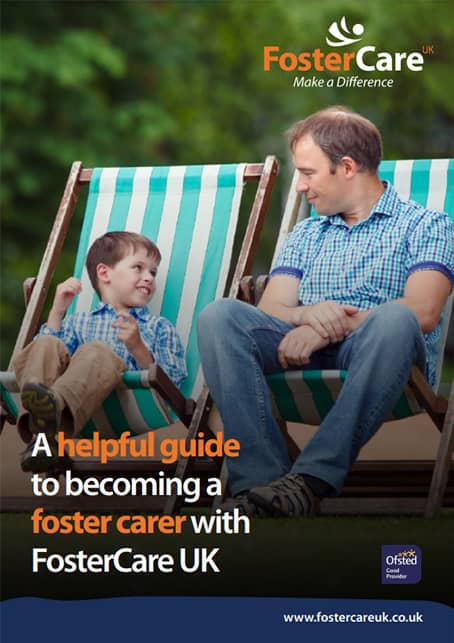


What happens when a child is taken into care?
Benefits of being a foster parent
What is a care leaver?
How to become a foster parent
How to foster a child
What are the foster care requirements
Can I choose who I foster?
Fostering with pets FAQ
How long does it take to become a foster parent?
What is the role of an independent fostering agency?
Fostering a disabled child
Tips for coping when foster placements end
Do foster carers pay tax?
What to expect in a fostering assessment
Common Fostering Challenges and Solutions
What disqualifies you from being a foster carer?
Muslim Fostering
Fostering as a single parent
Can you foster a child with a criminal record?
Can you work and foster?
Top 10 fostering myths
Can I foster if…?
Can I foster and rent?
LGBT Fostering: can I foster if I’m gay
Top transferable skills to become a foster carer
Can you foster with a mental health condition?
Christian Fostering
Sikh Fostering
Cultural Diversity in Foster Care
How to encourage foster children to read
Reasons for a child to be taken into care
Tips for coping with attachment disorders in Foster Children
Fostering vs Adoption
What happens when foster parents get divorced?
What is reunification in foster care?
How to deal with foster child bullying
A guide to the foster care handbook
Guide to fostering young children
Types of self-harm
A guide to fostering teenagers
What are the signs of depression in foster children?
Unfortunately, there are many misconceptions surrounding fostering. Studies suggest that these myths are preventing eligible people from becoming foster parents – when, in actuality, the application process simply determines whether or not you are able to provide a safe space for a young person. In this article, we not only tackle fostering myths, but we also provide the truth about who can foster.
Despite common belief, unemployment does not hinder your prospects of fostering. Instead, it can actually be beneficial to your fostering application, as it suggests you will have time to prioritise a young person. This is especially important, because you will have to attend training sessions and appointments and other time-consuming activities – so having the right level of time available is important.
However, when making a fostering assessment, what will be taken into account is your financial situation. For example, if you have been unemployed for a long time and have acquired a large amount of debt, then this could impede your application – as you must be financially stable enough to foster a young person.
Sexual orientation bears no factor in the assessment process, whether you are in a same-sex relationship, or a single person. Learn more about LGBTQ+ fostering from our detailed guide.
Similarly, your relationship status does not affect your fostering application. What is taken into consideration is your ability to put the child’s developmental needs at the forefront.
When fostering a child, you won’t be stranded alone as you will have a team onboard to support you through every step of your fostering journey. Read more about single parent fostering here.
Whilst you do need to provide a stable and safe space for your fostered child, this does not necessarily mean you have to own your own home. Your living situation will be assessed, however this will mainly focus on aspects such as home safety and cleanliness. Learn more about fostering whilst renting in our helpful guide.
Whilst there is a younger age limit of 21, there is no upper limit on age. The assessment focusses on whether you are mentally and physically fit enough to fulfil a child’s needs.
One of the biggest fostering myths is that the capabilities to foster a child are determined by gender. However, in reality, gender has no hinderance on your fostering abilities – so, therefore, being transgender will not affect your eligibility to foster.
Having a disability or medical issue will not necessarily determine whether you can or cannot foster. However, the nature of your condition will need to be taken into consideration, as this will then determine whether your condition would inhibit you from taking care of a young person. For more information, you can learn more about disability foster care in our guide.
This is not true – many foster families have pets, and they’re actually thought to encourage a level of responsibility and care into a foster child’s life. However, whilst having a pet won’t necessarily prevent you from fostering a child, there will be guidelines regarding the safety of your pet. For instance, you will need to be able to prove that your pet is clean, healthy and is well adapted to interacting with children.
It is essential to have a spare bedroom to foster a child, as one of the key requirements for a young person is ensuring that they have a safe and secure place they can call their own. However, your house does not have to be grand to allow a child to flourish – instead, the stability of your home is what is taken into consideration, rather than the size. If you would like to learn more about the foster care requirements, be sure to read our informative guide.
A new baby will not stop you from fostering, but what will be determined is your ability to take care of the fostered child, as well as your new baby. It is important, as a foster carer, that you are not overwhelmed with too much responsibility.
Now that we have busted the biggest fostering myths, we hope that you have gained a better insight into the world of fostering. If you would like to learn more, do not hesitate to contact our friendly team here at FosterCare UK.
If you’ve got any questions or would like to find out more about fostering with Capstone, fill out the form below.
An experienced fostering advisor from your local area will then be in touch.

Start the conversation today. Our team of friendly advisors are on hand to answer any foster care questions you may have. We can offer you honest and practical advice that can help you decide if becoming a foster carer is the right path for you.


